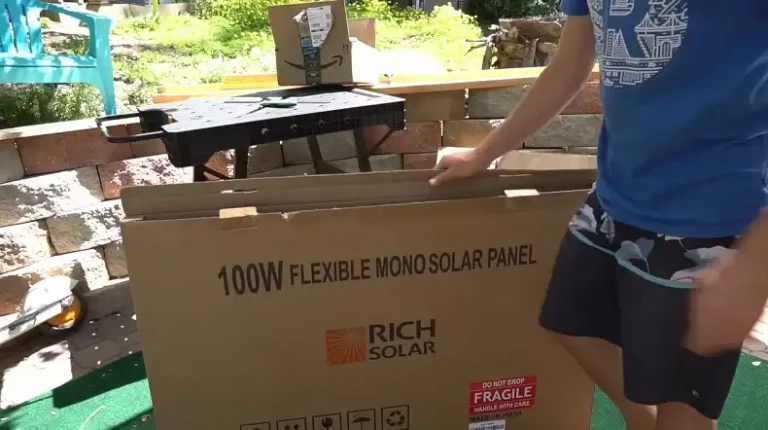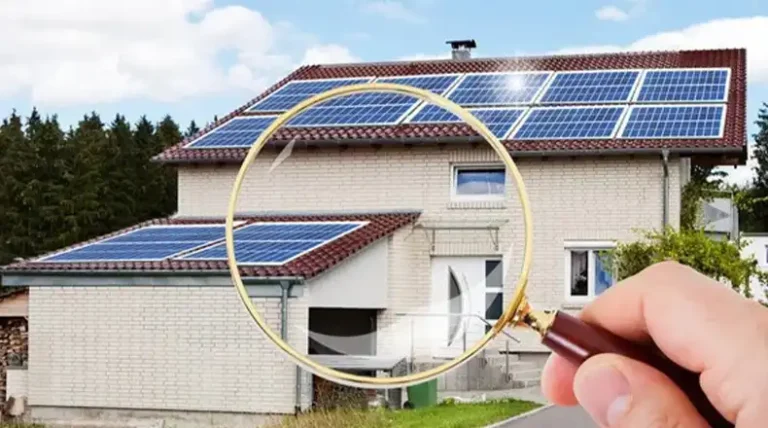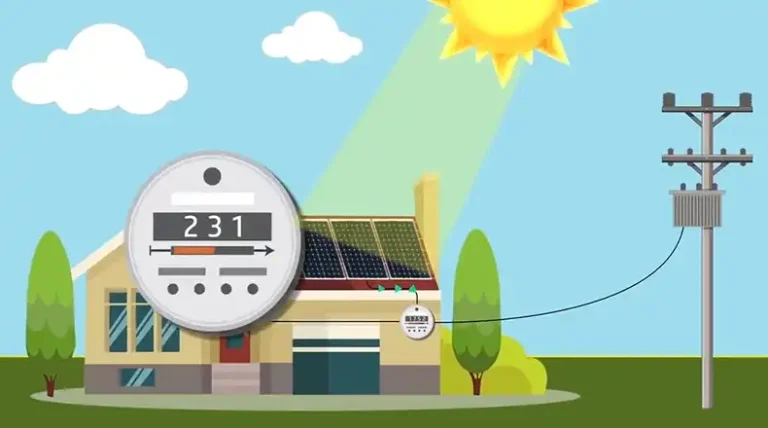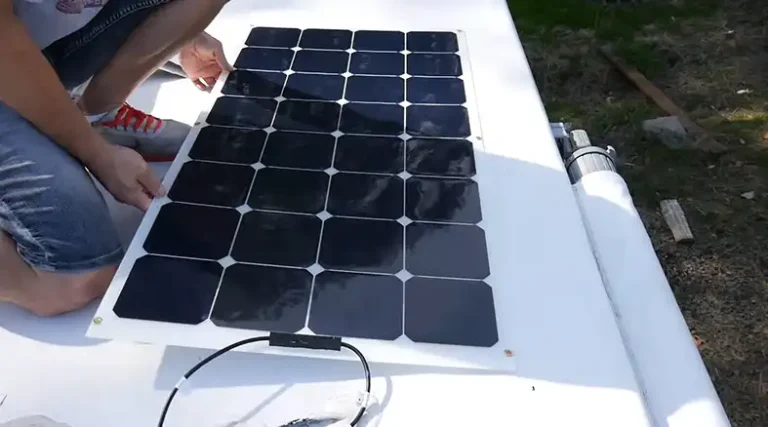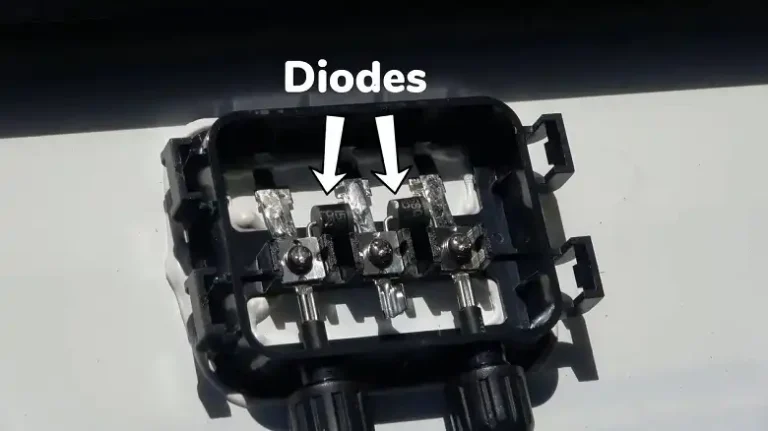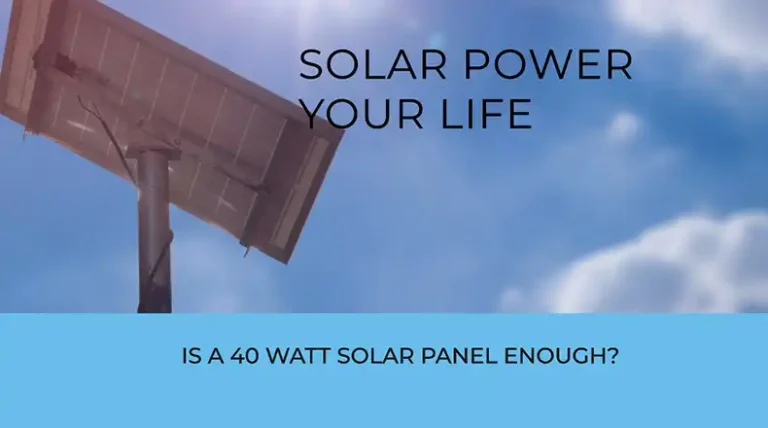Can You Use A 24v 36v Solar Panels To Charge A 12v Battery? Reveal the Secret Behind It
Solar energy has been with us for quite a long time. And we are all going green with it. Now more than ever, it has been on the trend, and for good reasons. Why? It saves you on your electric bills. As prices go sky-high, you can stay relaxed with your own sustainable energy.
But there is a little bit of investment and some electrical knowledge is needed before you install these solar chargers. The panels, chargers, battery, and inverters, all don’t make sense at all at first. Especially the solar panels. There are 24V, 36V, and even 48V solar panels.
So can you use a 24V 36V solar panels to charge a 12V battery could go through your mind. And it’s totally normal! And we are here to tell you, Yes, you can use a 24V or 36V solar panel to charge your 12V battery.
But there is a twist to it. And we are going to talk about it.
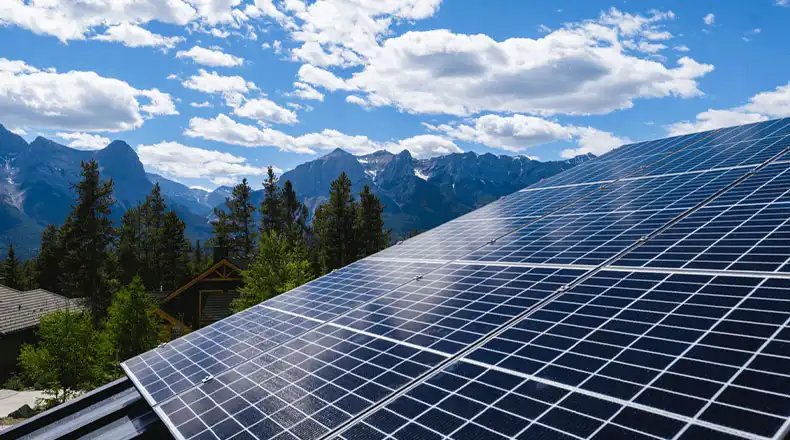
Charging A 12v Battery With 24v Or 36v Solar Panels
When you get a solar charger, you get a whole lot with it. The battery and solar panels are not the only thing. Sure smaller ones don’t have an inverter or anything, like the camping ones, and under 15W. But bigger solar chargers come with inverters, regulators, and a lot of things.
The first thing you have to know is how solar chargers work. As solar panels produce current, that is not usable right away as it is DC. So you will need an inverter to transform it and store it in the battery.
Current is measured in amperage when produced and stored. But what keeps the flow going? It’s the Voltage. The higher the voltage, the better the movement.
Take it as a sports car. It runs on the track far faster than a regular family car. And the faster it goes, the faster it finishes a lap. The same thing with any electrical power line. The higher the voltage, the faster it transfers.
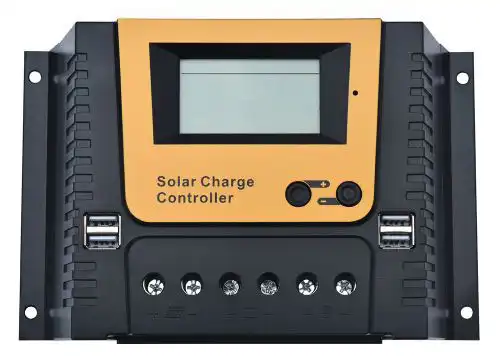
So if you use a 24V or 36V solar panel for your 12V battery, there is no trouble with it. And it’s even better. But one thing you have to keep in between is a charge controller. It’s like the accelerator, brake, and clutch at the same time, but for batteries.
A charge controller keeps the flow of voltage to your battery steady. Stops charging and starts faster and makes it slower whenever it is needed. Otherwise, you risk your whole system to get damaged.
Back in the days when solar panels first came out, you only got the option to use a solar panel of the same voltage as your battery. But now, there are no such restrictions. So make sure to use a charge controller with your 24V or 36V panels and you will be good.
Frequently Asked Questions and Answers
What is the difference between 12V and 24V solar panels?
The difference between a 12V and a 24V solar panel is the transfer rate of voltages. 12V transfers slower than a 24V solar panel.
Can you charge 12v battery with 48V solar panel?
Sure! If you have a charge controller that supports a 48V solar panel, then you can use it on a 12V battery. The controller will optimize the incoming voltage for your 12V battery.
What size solar panel needed to charge 12 volt battery?
You need at least a 120W-rated solar panel to charge your 12V battery. The higher, the better. Lower-rated panels will take a long time to charge the battery as solar panels are not efficient. Also, you only get 5 hours of direct sunlight so that the solar panel can harvest energy.
Conclusion
Solar panels are a must-have in every home nowadays. Make sure to ask for professional help if you don’t have any idea about setting up the panels and charge controllers. Otherwise, you risk damaging your battery for good.

